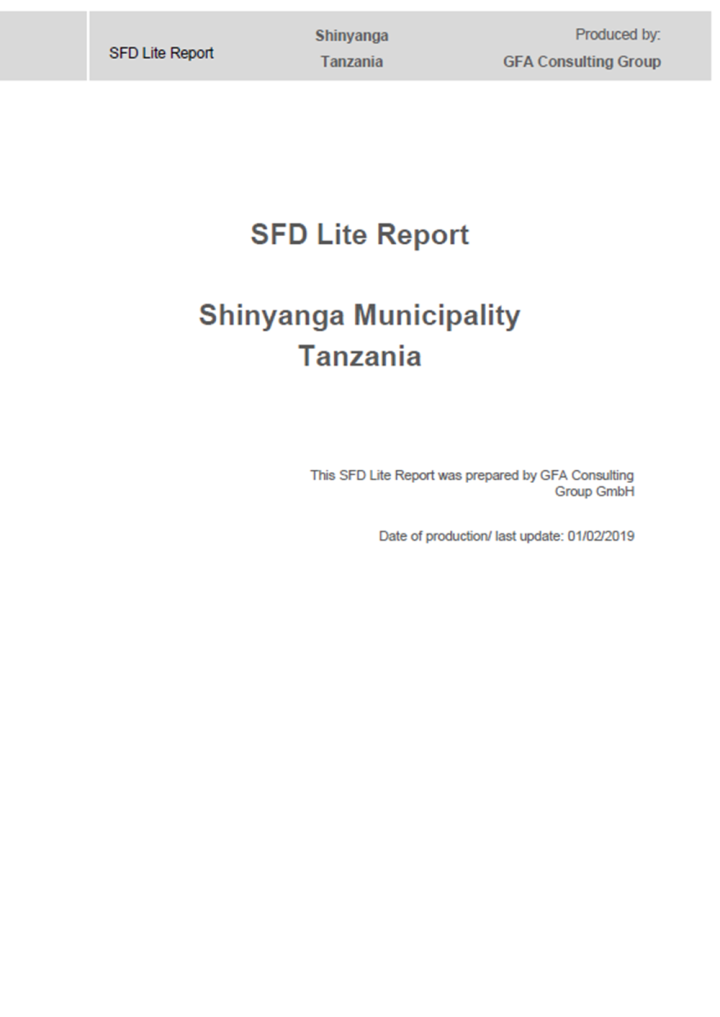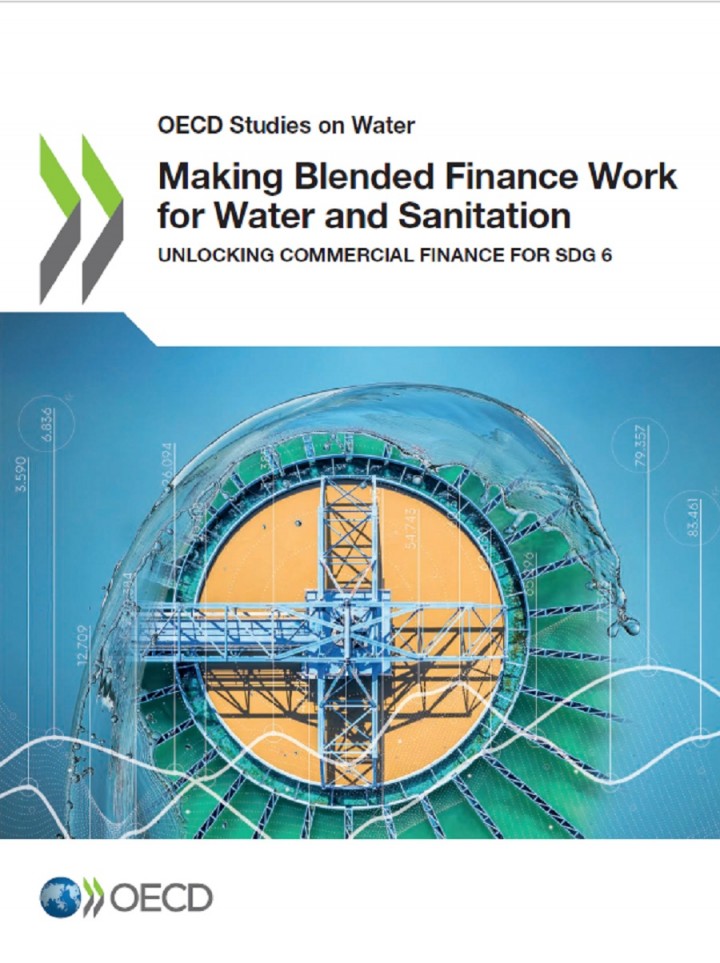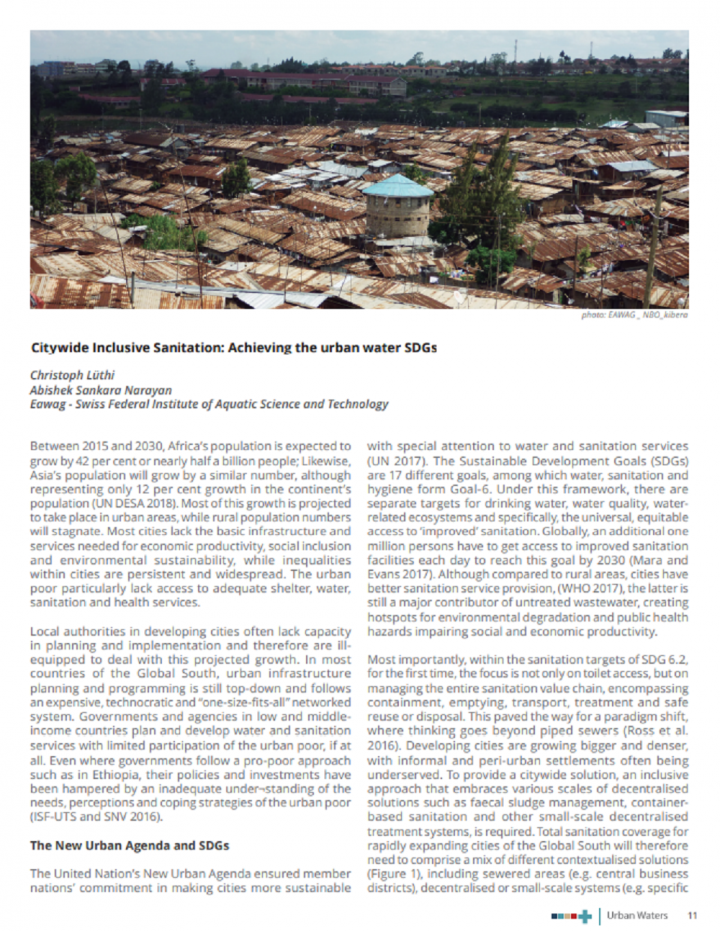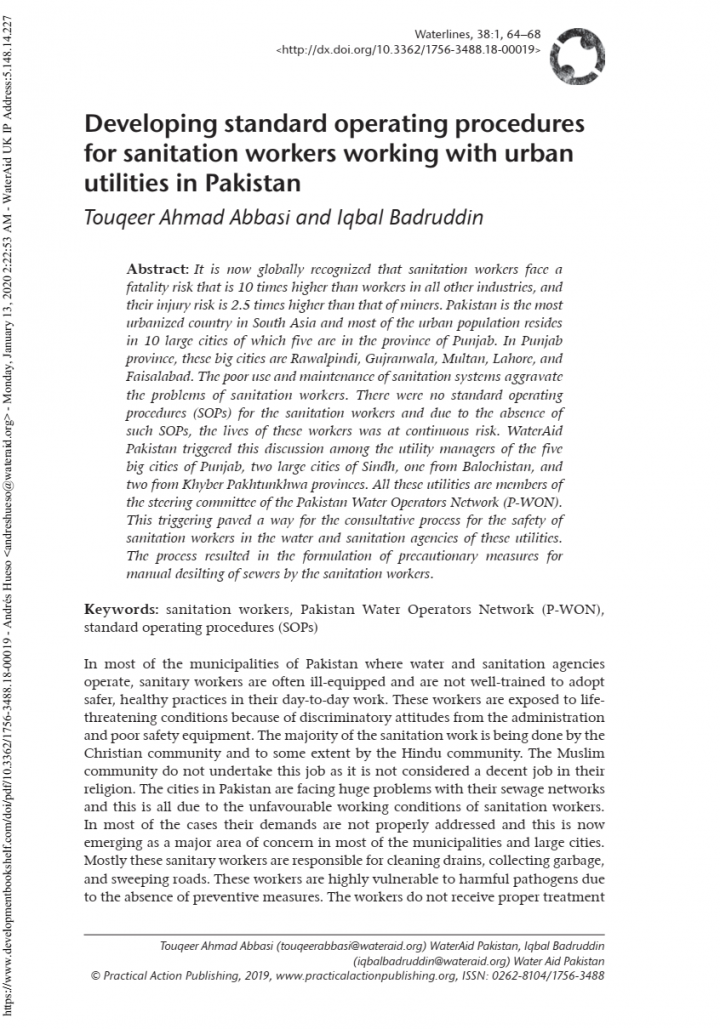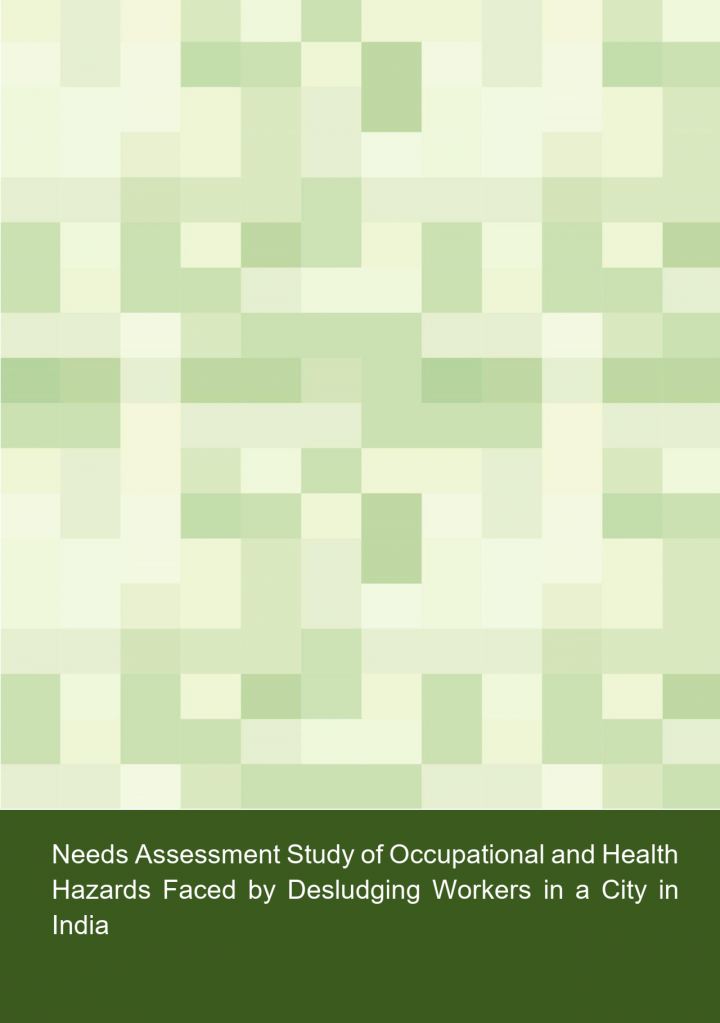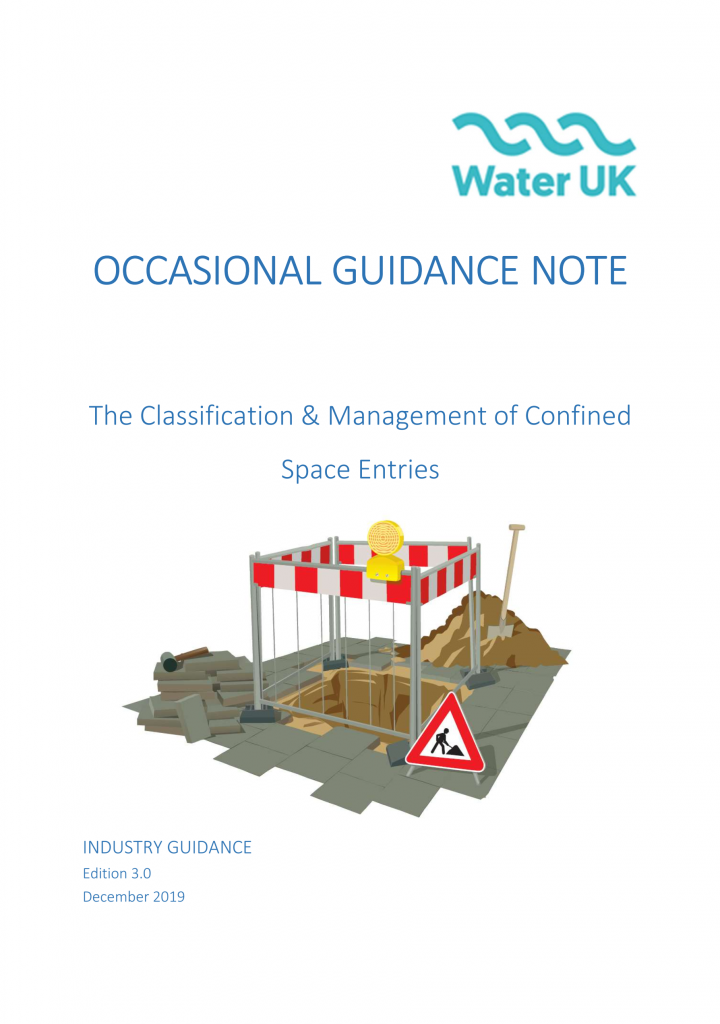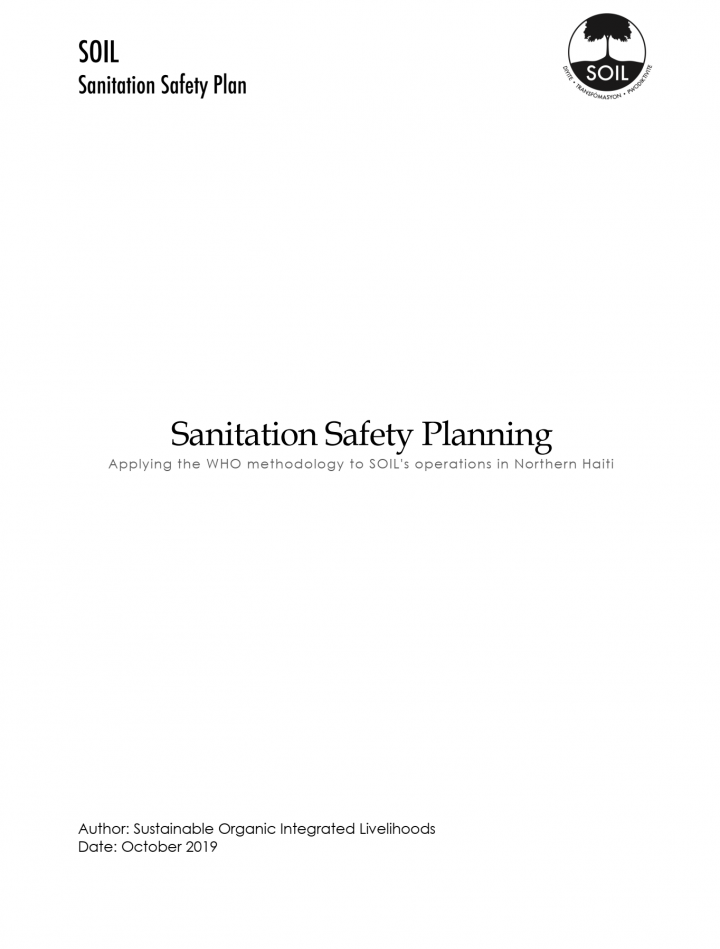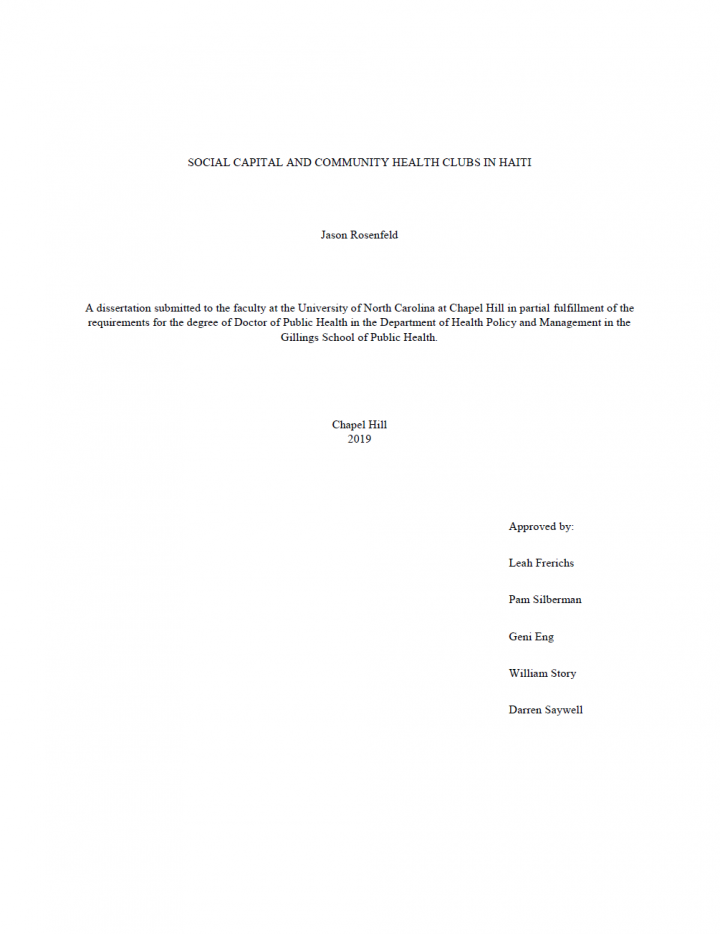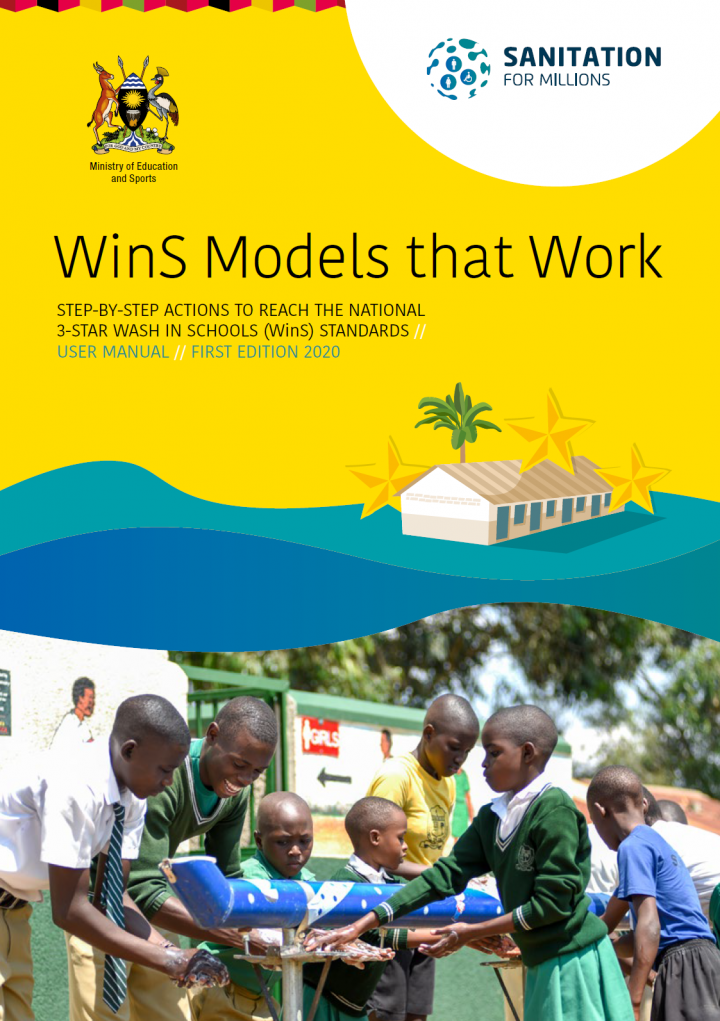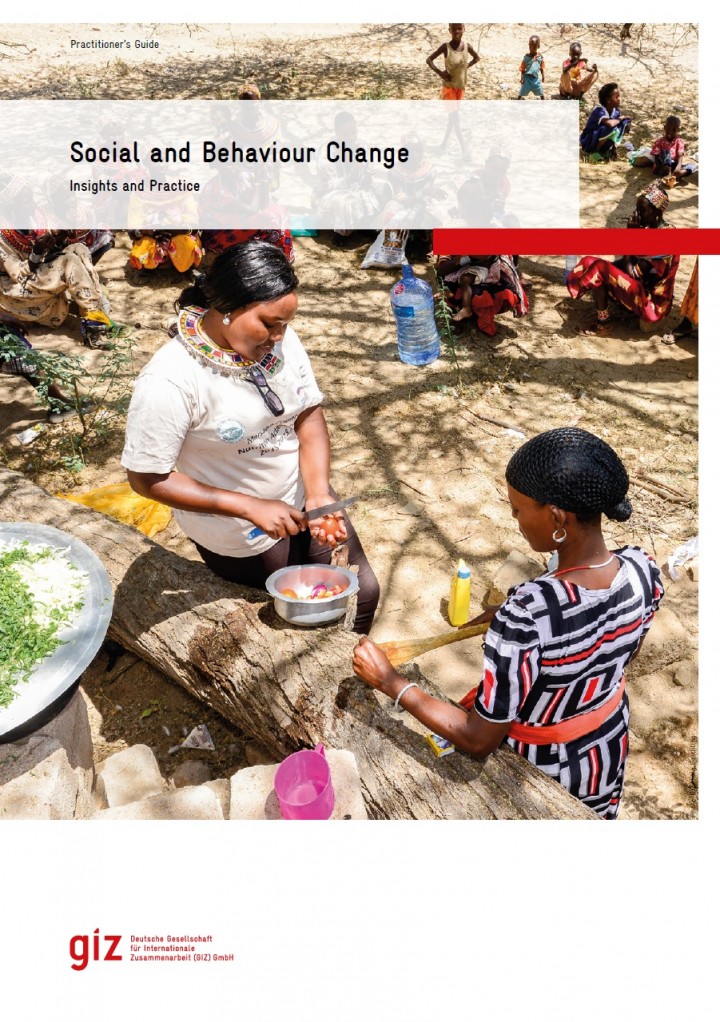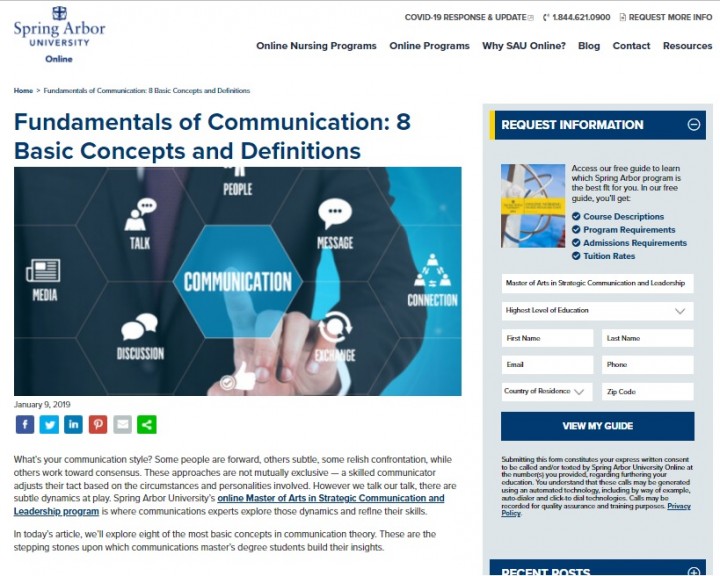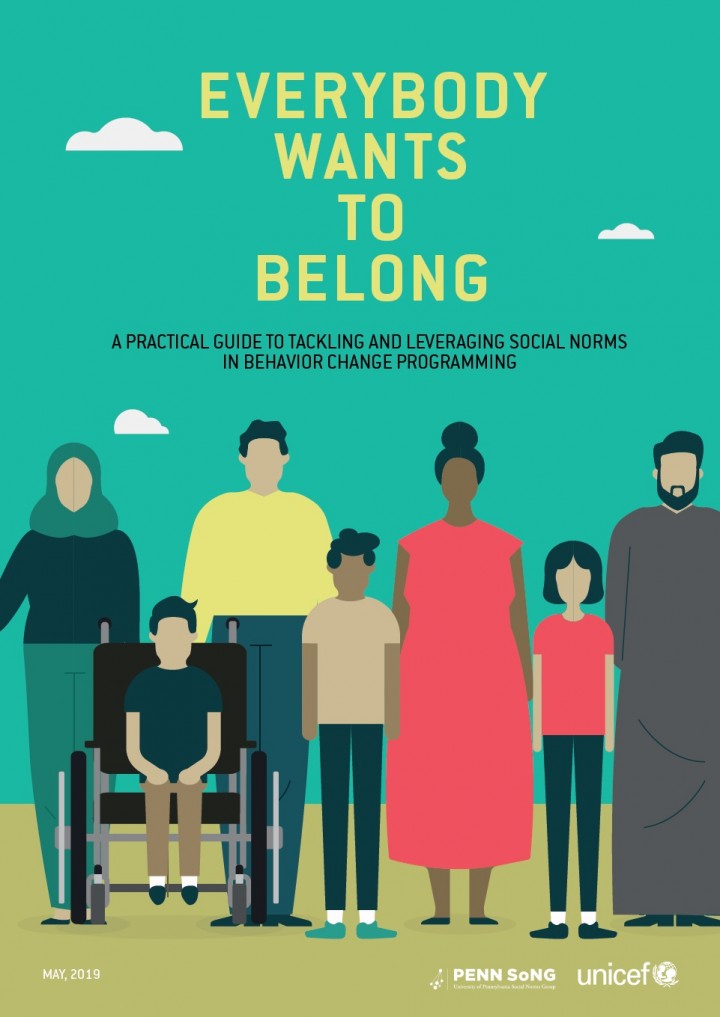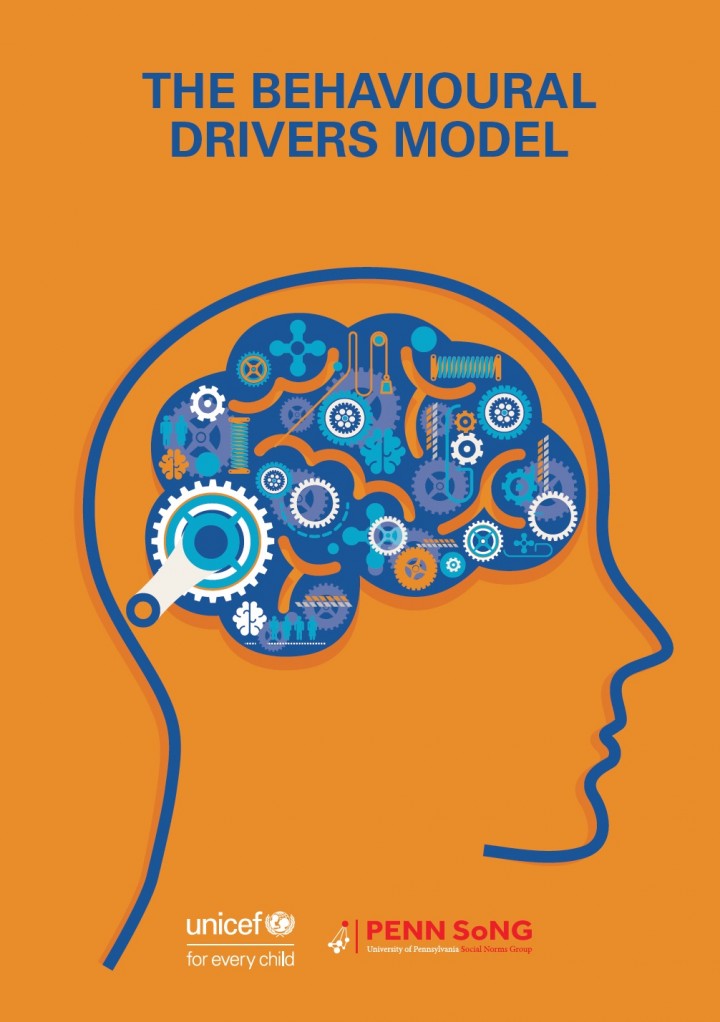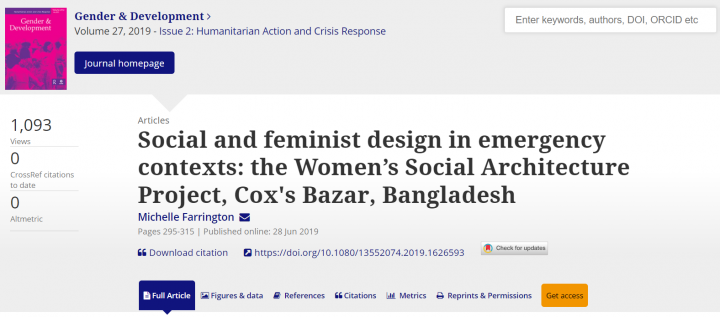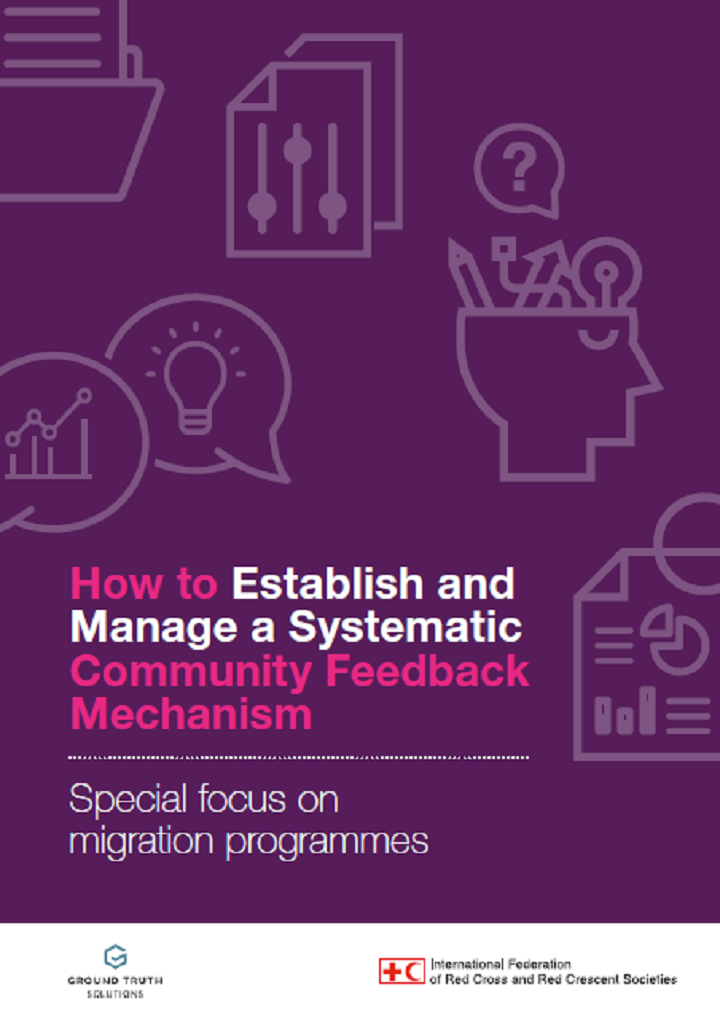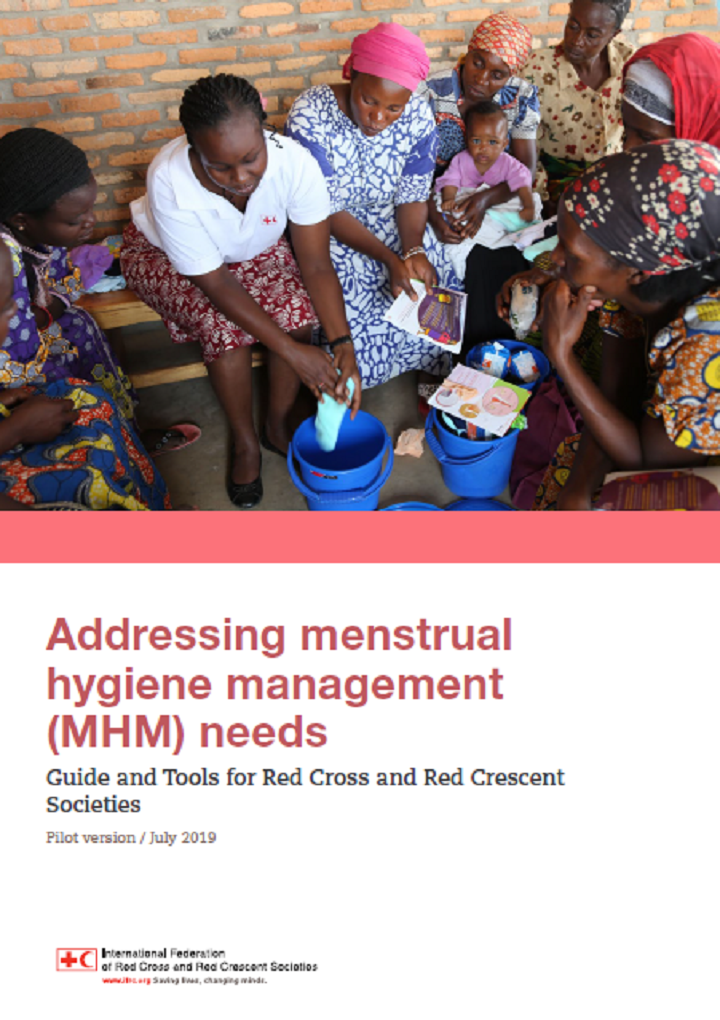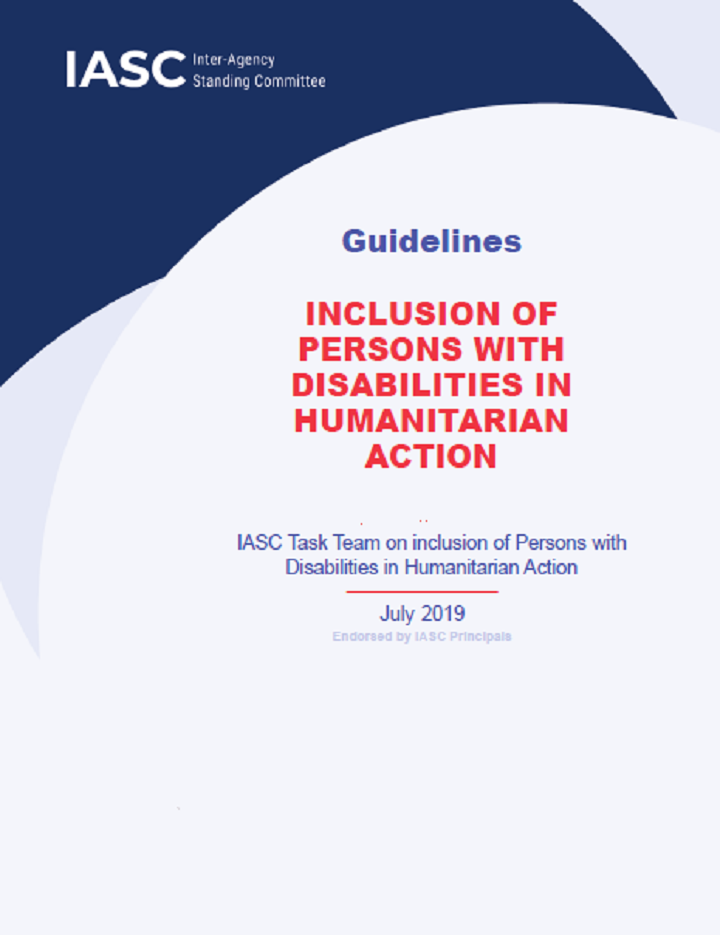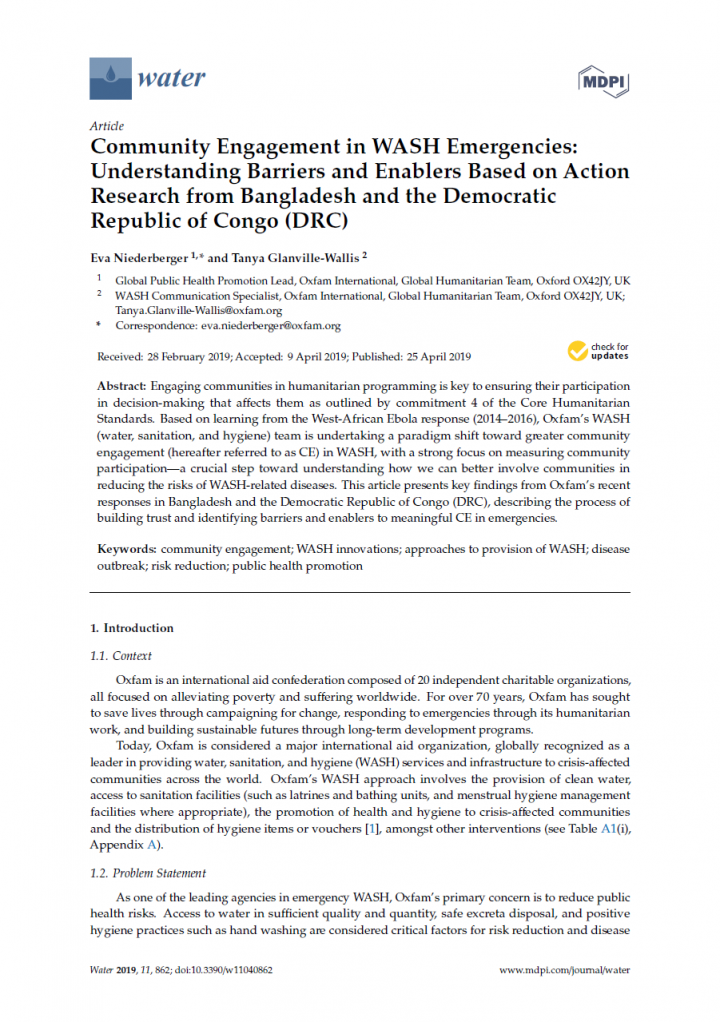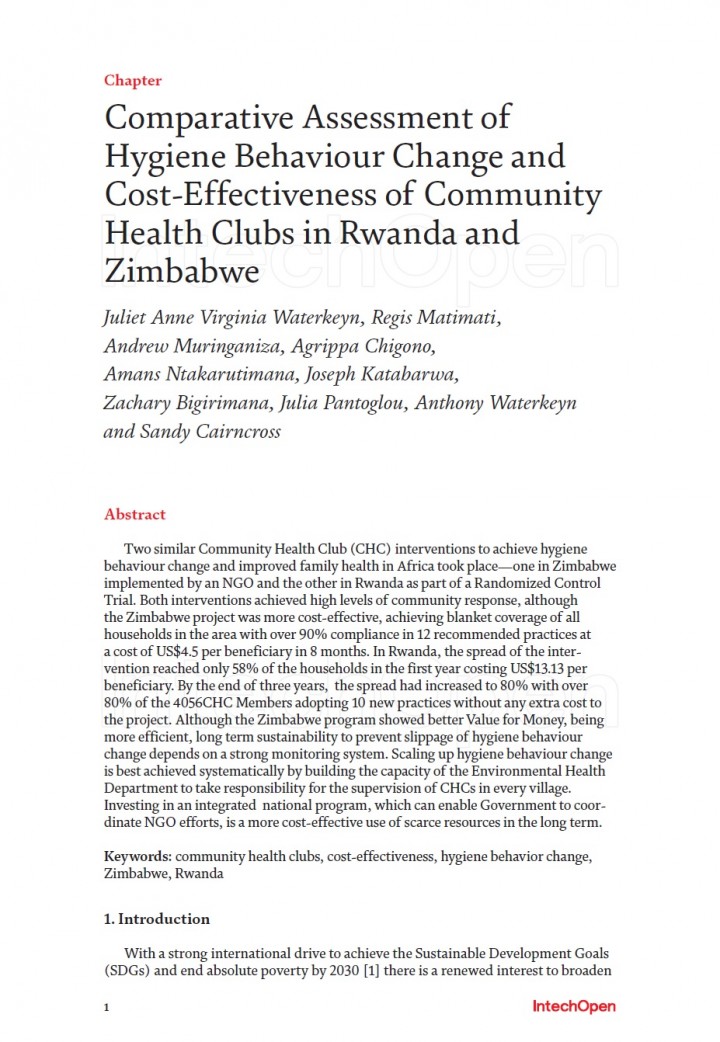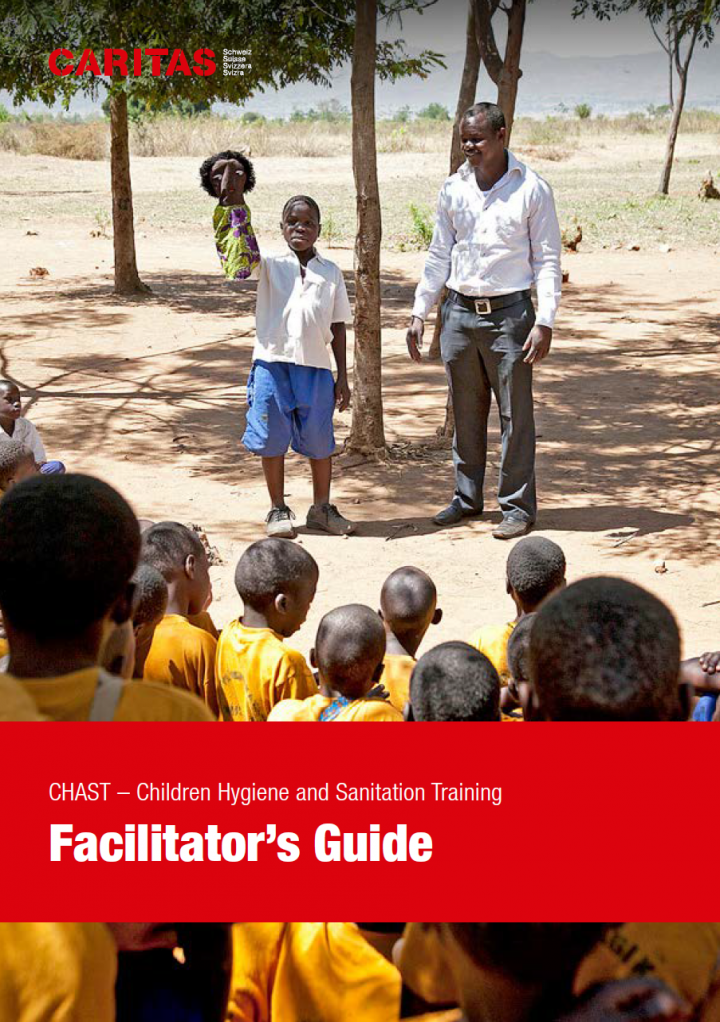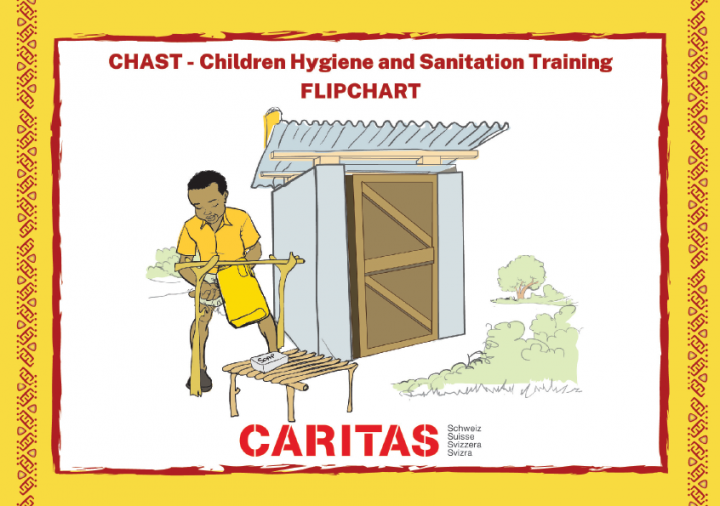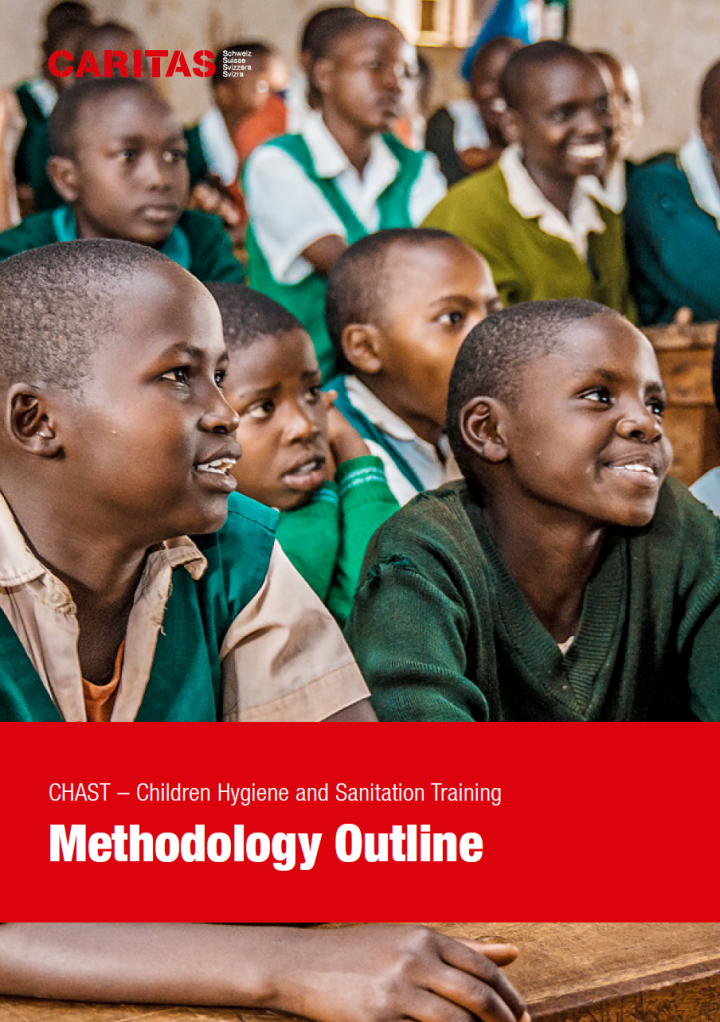Searching for information on Sanitation Workers?
The Sanitation Workers Knowledge + Learning Hub is the best source for all current news, trends, articles and updates on sanitation workers rights around the world.
Shinyanga Municipality is the headquarters of Shinyanga Region and is in the northern area of Tanzania. It lies between latitudes 30 30' and 30 45' South and longitudes 330 20’ and 330 35’ East, about 1,000 kilometres from Dar es Salaam and 165 kilometres from Mwanza City.
According to Tanzania’s National Bureau of Statistics (NBS, 2018), the projected population of Shinyanga …
The OECD, with the support of the Swedish International Development Agency (Sida), has undertaken research to better understand the current and potential role of blended finance models for water-related investments. Considering the wide variety of potential types of water-related investments, this research takes a broad approach to water-related investment and covers blended finance models that …
It is now globally recognized that sanitation workers face a fatality risk that is 10 times higher than workers in all other industries, and their injury risk is 2.5 times higher than that of miners. Pakistan is the most urbanized country in South Asia and most of the urban population resides in 10 large cities of which five are in the province of Punjab. In Punjab province, these big cities are …
Safe collection, handling and transport of fecal sludge is an integral part of septage management. Limited attention has been paid to the safe collection, transport, disposal and treatment of human excreta from septic tanks. Motorised emptying and transport involves a truck with a standalone or mounted vacuum pump along with a storage tank that is used to empty and transport septage. Typically, …
The Compendium is available in English and Arabic. It covers the following topics:
(A) Decentralized Wastewater Management in the light of Adaptation to Climate Change
(B) Domestic Wastewater Reuse in the Context of Decentralized Wastewater Management in Jordan for Climate Change Adaptation
(C) Business Models for Decentralized Wastewater Management in Jordan
(D) Social acceptance as a …
Sanitation workers provide a fundamental public service. Yet they often face extreme health hazards and safety risks on the job. In many developing countries, they are informal workers with no legal protections or rights. With a lack of visibility in society, they can be stigmatized, marginalized and ignored.
Here are the stories of five sanitation workers in their own words.
The Water Industry is justly proud of the influence that it has had in improving safety standards, not only within its own industry, but in the UK as a whole.
The original Occasional Guidance Note (OGN) upon which this revision has been based, was drafted at the request of the Health and Safety Executive and authored under the guidance of Rob Gwyther and Richard Locke as successive Chairs of …
Over the years, SOIL has developed a model to provide a safely managed sanitation service to densely populated communities in Haiti, using containerbased sanitation. The objective of such an intervention is to reduce the risks to public health and the environment that unsafe sanitation practices create, and risk-based assessment methods such as Sanitation Safety Planning are a valuable tool to …
One challenge facing WASH programs is that water and sanitation infrastructure are generally collective goods, while WASH behaviors involve individual responsibilities nested within collective norms. Social capital is theorized to facilitate collective action and enhance the diffusion of WASH-related behavioral interventions by enhancing social cohesion and collective action. We used a mixed …
Government reports from 2016 and 2017 identified that Ugandan schools are not meeting the national standards for water, sanitation and hygiene (WASH) in schools (WinS). For this reason, in 2017, the Ministry of Education and Sports adopted the Three Star Approach for WASH in Schools. The Three Star Approach (TSA) was developed by GIZ and UNICEF and has been implemented in countries around the …
This document will help you to understand: what is social and behaviour change (SBC) what drives human behaviour (a few key things; no one knows it completely!), step by step, how you can integrate SBC into the various stages of your intervention, starting from the design to its final evaluation, where can you find the most helpful tools, guidance, examples and other resources.
We are very pleased to present the Practical guide to tackling and leveraging social norms in behavior change programming. It provides UNICEF, its governmental and non-governmental partners with accessible and engaging information on social norms, the role they play in perpetuating or changing harmful behaviors, and best practices for programming.
This Conceptual Framework for Social and Behaviour Change Programming gathers in one place a wide variety of theories and presents the Behavioural Drivers Model which informs a set of research and programming tools recently developed and used by UNICEF, including Everybody wants to belong: Practical guide to tackling and leveraging social norms in behavior change programming and Measuring Social …
The rapid influx of Rohingya refugees into Cox's Bazar, Bangladesh, has led to the formation of huge camps, built on difficult terrain, short of space and with high population density. All these factors present numerous challenges to agencies seeking to provide latrines, water points, and bathing facilities. Feedback gathered from women and girls highlighted significant challenges around access, …
Menstrual hygiene management, or MHM, refers to a range of actions and interventions that ensure that people who menstruate can privately, safely and hygienically manage their menstruation with confidence and dignity. MHM is not only about distributing pads or providing education to girls. Effective MHM actions have three main components: i) MHM materials and supportive items, ii) Private, safe …
The guidelines set out essential actions that humanitarian actors must take in order to effectively identify and respond to the needs and rights of persons with disabilities who are most at risk of being left behind in humanitarian settings.
The recommended actions in each chapter place persons with disabilities at the centre of humanitarian action, both as actors and as members of affected …
Engaging communities in humanitarian programming is key to ensuring their participation in decision-making that affects them as outlined by commitment 4 of the Core Humanitarian Standards. Based on learning from the West-African Ebola response (2014–2016), Oxfam’s WASH (water, sanitation, and hygiene) team is undertaking a paradigm shift toward greater community engagement (hereafter referred …
Two similar Community Health Club (CHC) interventions to achieve hygiene behaviour change and improved family health in Africa took place—one in Zimbabwe implemented by an NGO and the other in Rwanda as part of a Randomized Control Trial. Both interventions achieved high levels of community response, although the Zimbabwe project was more cost-effective, achieving blanket coverage of all …

